Jensen Huang doesn't think AI will come for his job — but other CEOs might disagree
A survey last year found almost half of CEOs believe they could be replaced with AI, but Nvidia’s superstar CEO thinks otherwise
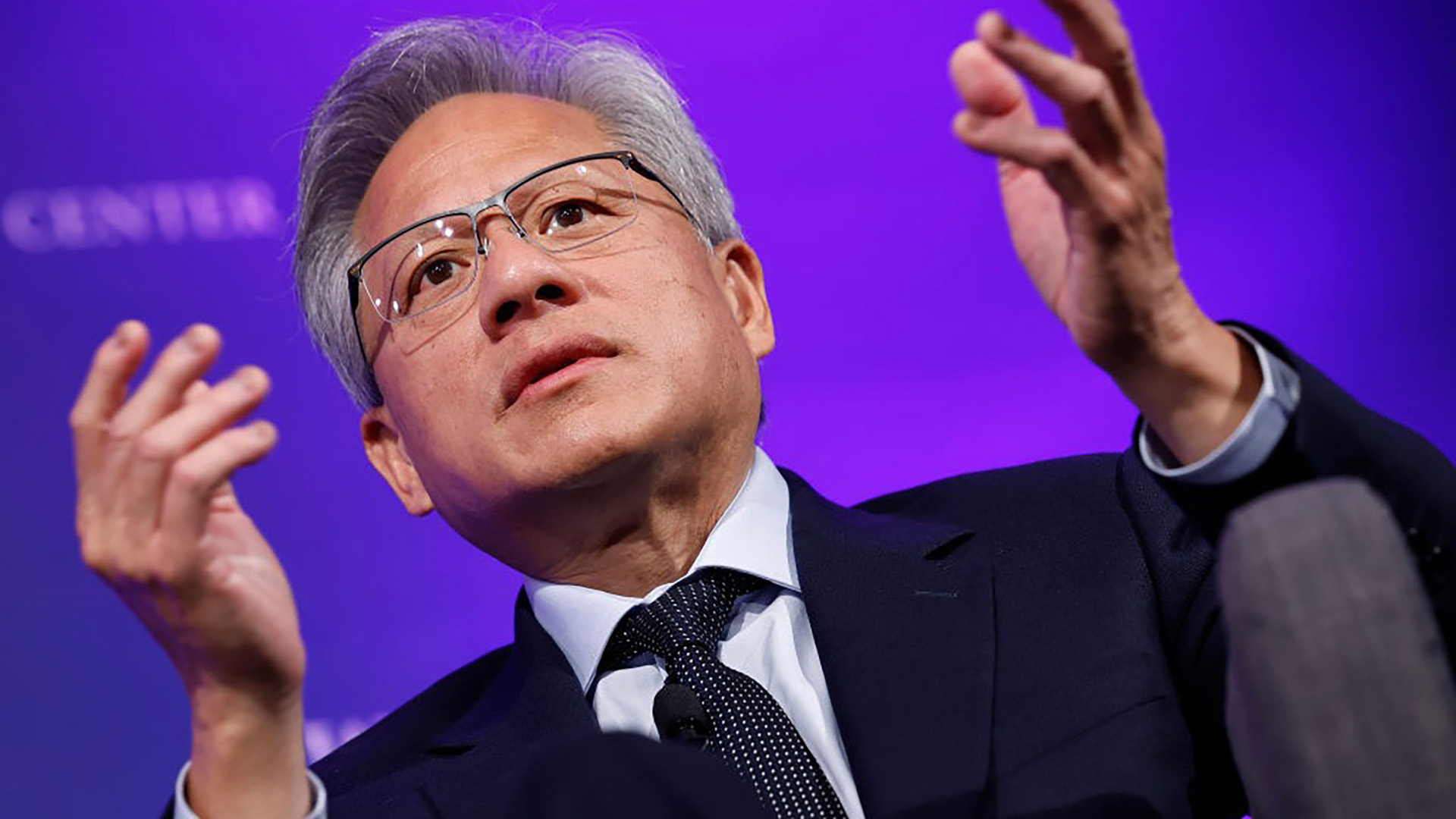

Nvidia CEO Jensen Huang has expressed his confidence that AI systems will not be able to replace him, amid continued discussions over which jobs will be threatened by AI in the near future.
Speaking at Nvidia’s AI Summit in Mumbai in October, Huang said AI has the potential to take over 20% to 50% of a given job, depending on the specific role, according to reporting from the event.
But AI agents will be able to do these aspects of the job 1,000 times better, Huang predicted, arguing that instead it would be the “person who uses AI to automate that 20% [who] is going to take your job.”
Huang dismissed growing fears entire jobs could be lost to AI agents, arguing that “in no job can [AI] do all of it”, stating that the scenario he sees playing out is one where workers implement AI tools as assistants to automate their workflow.
When asked if he harbored any latent fears that he would be replaced by AI, Huang said “absolutely not”, emphasizing he saw no possibility of AI CEOs replacing him or fellow chief executives.
This stands against the results of an edX survey conducted last year, which spoke to 500 CEOs from across the US to gauge their thoughts on how AI would impact the business landscape.
EdX found that just under half (49%) of the CEOs surveyed said they believe most or all of their jobs could be completely automated or replaced by AI, compared to just 20% of IT workers.
Get the ITPro daily newsletter
Sign up today and you will receive a free copy of our Future Focus 2025 report - the leading guidance on AI, cybersecurity and other IT challenges as per 700+ senior executives
AI CEOs already in position, despite Huang’s prediction
Despite Huang’s confidence, AI CEOs have already emerged with a number of organizations announcing they will be using an AI-powered chief executive.
NetDragon Websoft, a Chinese video game developer, appointed an AI-powered virtual humanoid robot as its CEO in August 2022, months before OpenAI debuted its ground-shifting ChatGPT product.
“The appointment is a move to pioneer the use of AI to transform corporate management and leapfrog operational efficiency to a new level,” NetDragon said in a statement released after announcing the appointment.
The move was met with a sizable jump in the company’s share price, with its stock rising by 10% in the six months following the announcement.
NetDragon Websoft has not been the only firm to foray into the world of automated chief executives. Polish drinks company Dictador Holdings appointed Mika, touted as the world’s first AI robot CEO, in November 2023.
Unveiled in June 2022, Mika was created by Anthropic in partnership with Hanson Robotics, with her role described as identifying opportunities for the business, and overseeing day to day operations for the rum and gin brand.
“Dictador's board decision is revolutionary and bold at the same time. This first human-like robot, with AI, in a company structure, will change the world as we know it, forever,” Marek Szoldrowski, president at Dictador Europe said at the time.
In an ‘interview’ with Reuters, Mika explained that its “decision-making process relies on extensive data analysis, and aligning with the company’s strategic objectives.
Szoldrowski told Reuters the appointment was far from a PR stunt, and Mika was “definitely in fact CEO”, but cautioned human chief executives should not need to worry about being edged out by AI replacements, stating human leaders will still be required for major decisions.
"There is no concern [that] artificial intelligence could hire or fire somebody. It's still the major decisions, significant decisions are still in (the) human executive team's hands.”

Solomon Klappholz is a former staff writer for ITPro and ChannelPro. He has experience writing about the technologies that facilitate industrial manufacturing, which led to him developing a particular interest in cybersecurity, IT regulation, industrial infrastructure applications, and machine learning.
-
 Why are many men in tech blind to the gender divide?
Why are many men in tech blind to the gender divide?In-depth From bias to better recognition, male allies in tech must challenge the status quo to advance gender equality
By Keri Allan
-
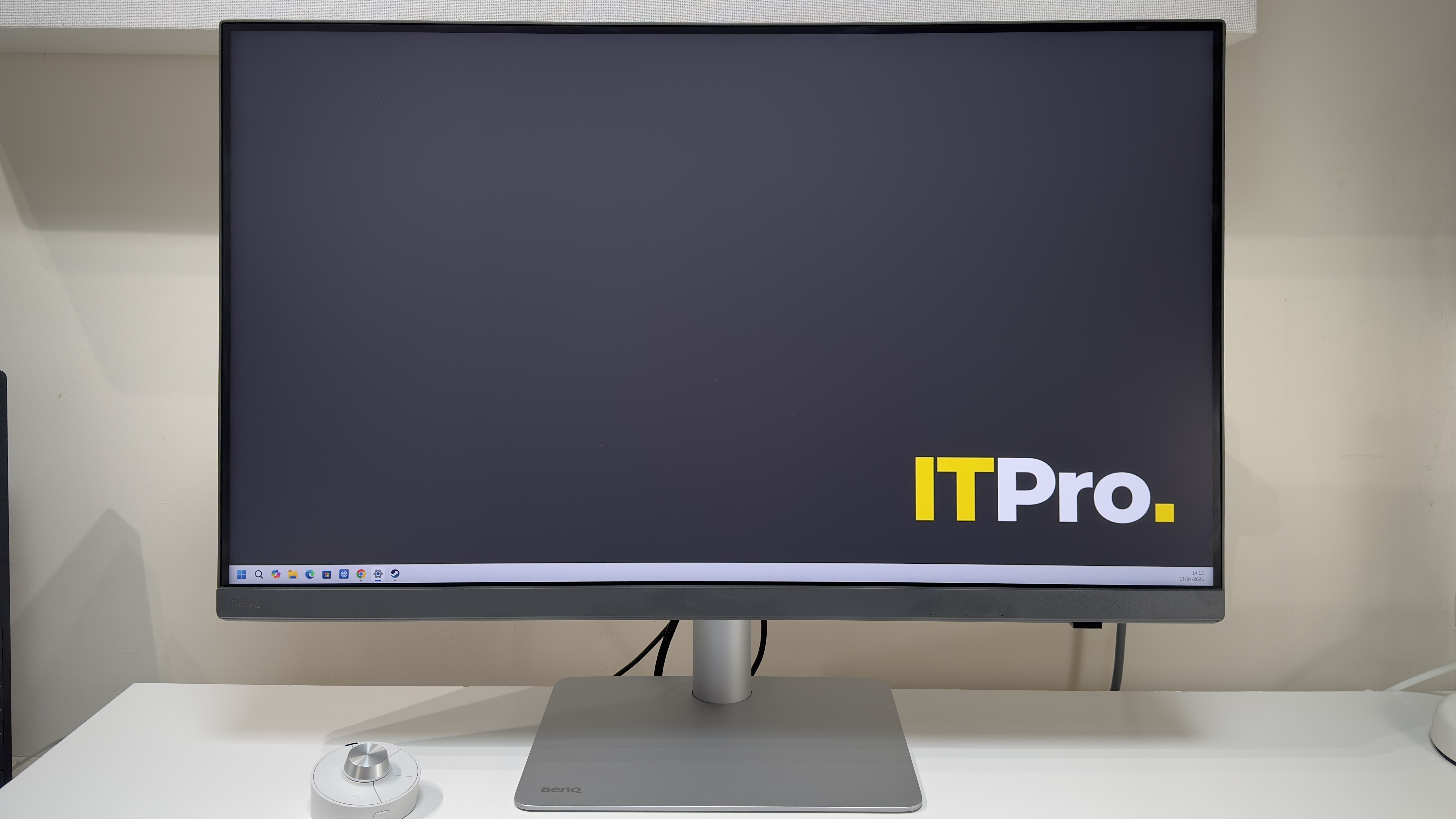 BenQ PD3226G monitor review
BenQ PD3226G monitor reviewReviews This 32-inch monitor aims to provide the best of all possible worlds – 4K resolution, 144Hz refresh rate and pro-class color accuracy – and it mostly succeeds
By Sasha Muller
-
 Reports: White House mulling DeepSeek ban amid investigation
Reports: White House mulling DeepSeek ban amid investigationNews Nvidia is caught up in US-China AI battle, but Huang still visits DeepSeek in Beijing
By Nicole Kobie
-
 ‘This is the first event in history where a company CEO invites all of the guests to explain why he was wrong’: Jensen Huang changes his tune on quantum computing after January stock shock
‘This is the first event in history where a company CEO invites all of the guests to explain why he was wrong’: Jensen Huang changes his tune on quantum computing after January stock shockNews Nvidia CEO Jensen Huang has stepped back from his prediction that practical quantum computing applications are decades away following comments that sent stocks spiraling in January.
By Nicole Kobie
-
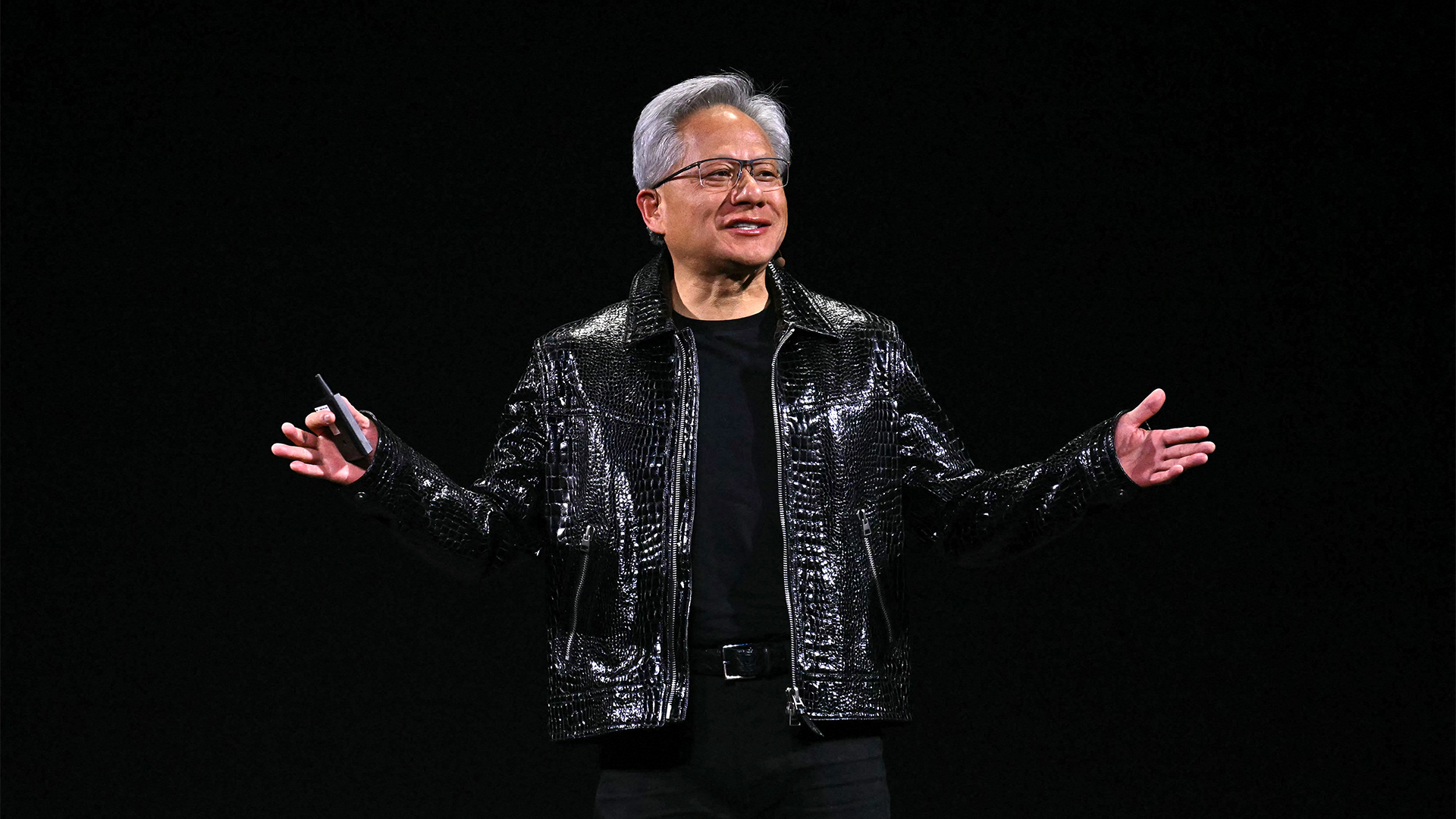 We’re optimistic that within five years we’ll see real-world applications’: Google thinks it’s on the cusp of delivering on its quantum computing dream – even if Jensen Huang isn't so sure
We’re optimistic that within five years we’ll see real-world applications’: Google thinks it’s on the cusp of delivering on its quantum computing dream – even if Jensen Huang isn't so sureNews Nvidia CEO Jensen Huang sent shares in quantum computing firms tumbling last month after making comments on the near-term viability of the technology.
By Ross Kelly
-
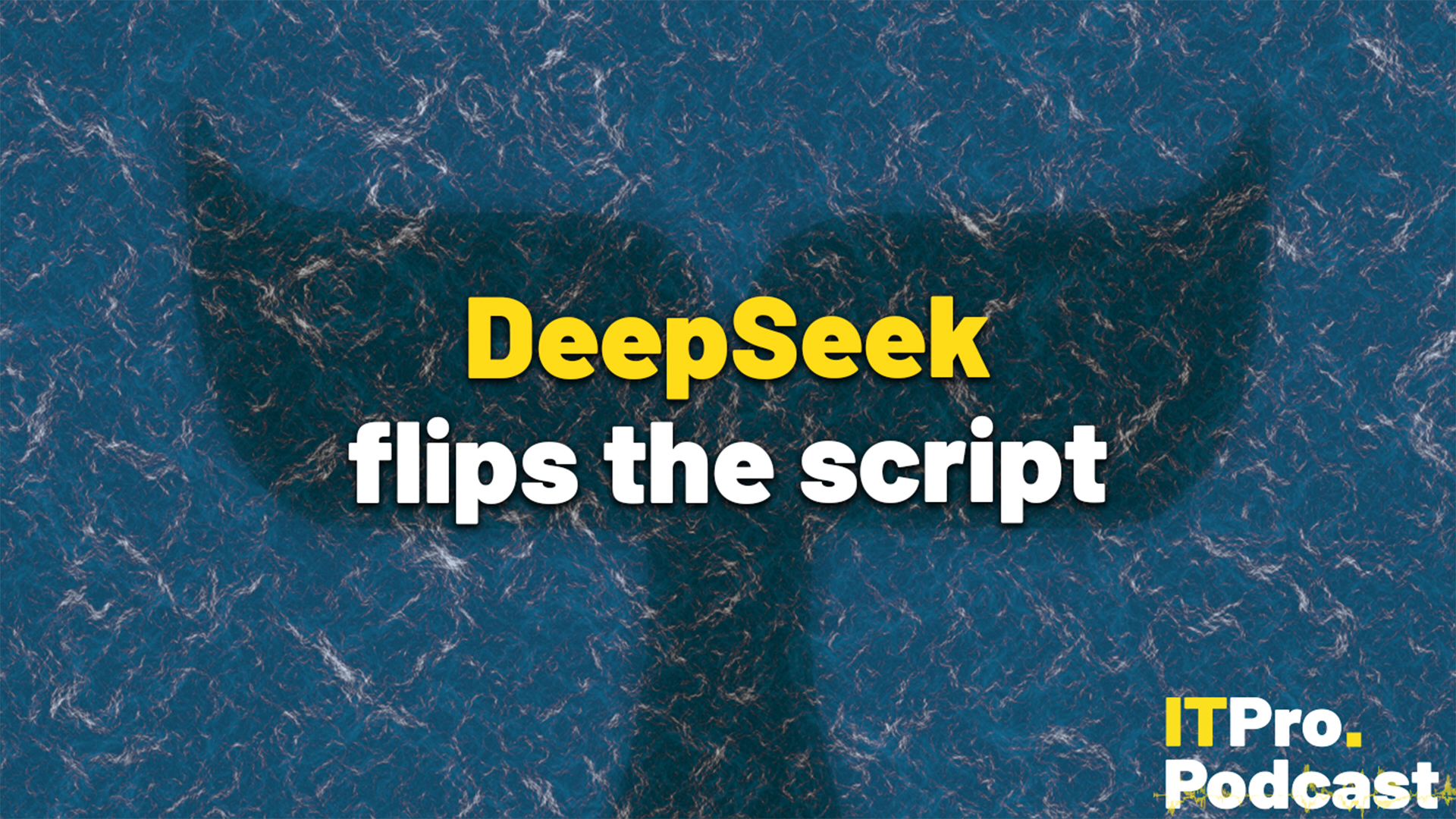 DeepSeek flips the script
DeepSeek flips the scriptITPro Podcast The Chinese startup's efficiency gains could undermine compute demands from the biggest names in tech
By Rory Bathgate
-
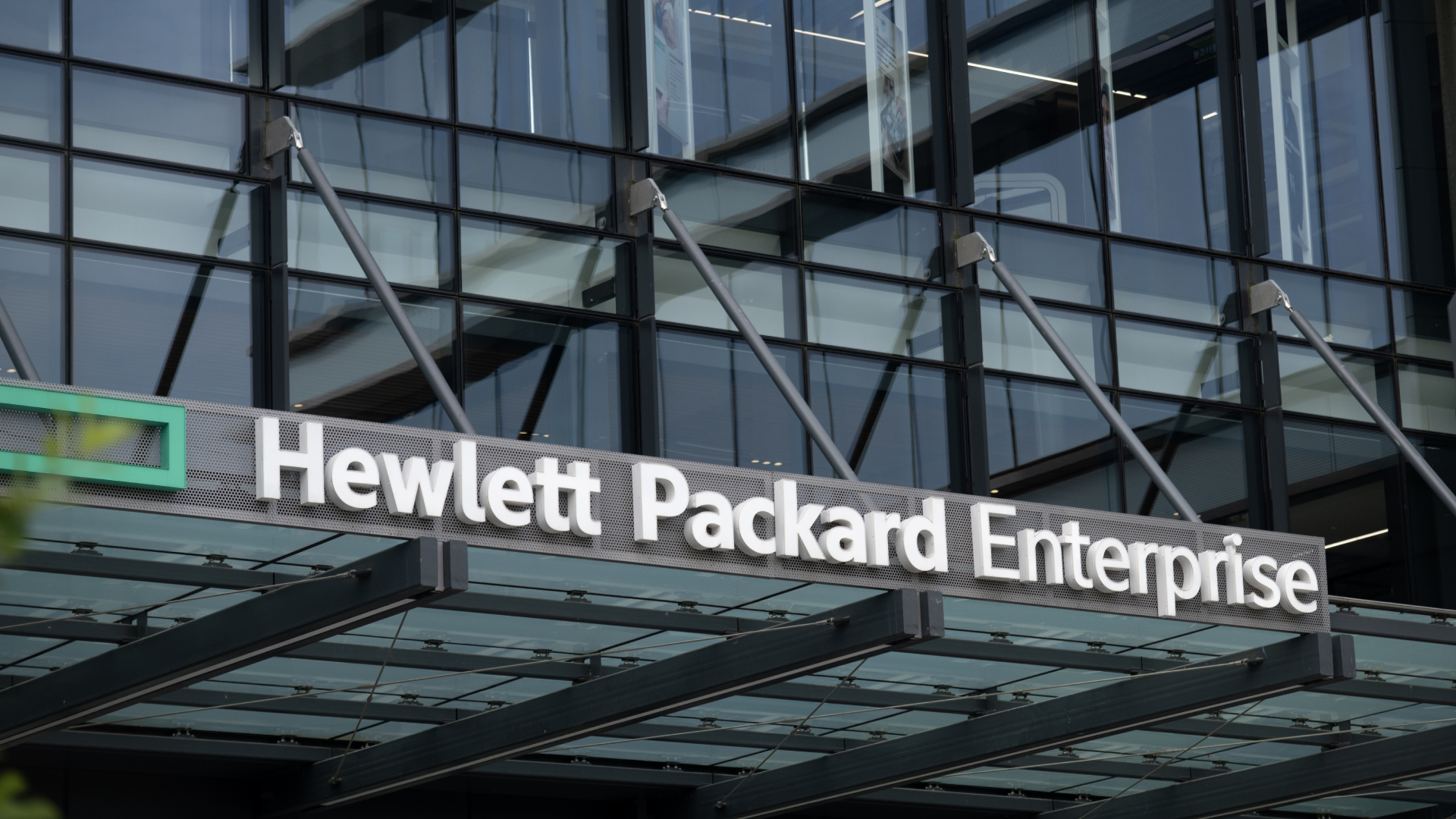 HPE’s ‘one-click AI solution’ for private cloud cuts project times from months to a ‘single moment’
HPE’s ‘one-click AI solution’ for private cloud cuts project times from months to a ‘single moment’News The new tools allow generative AI virtual assistants to be launched in seconds, using private data
By Emma Woollacott
-
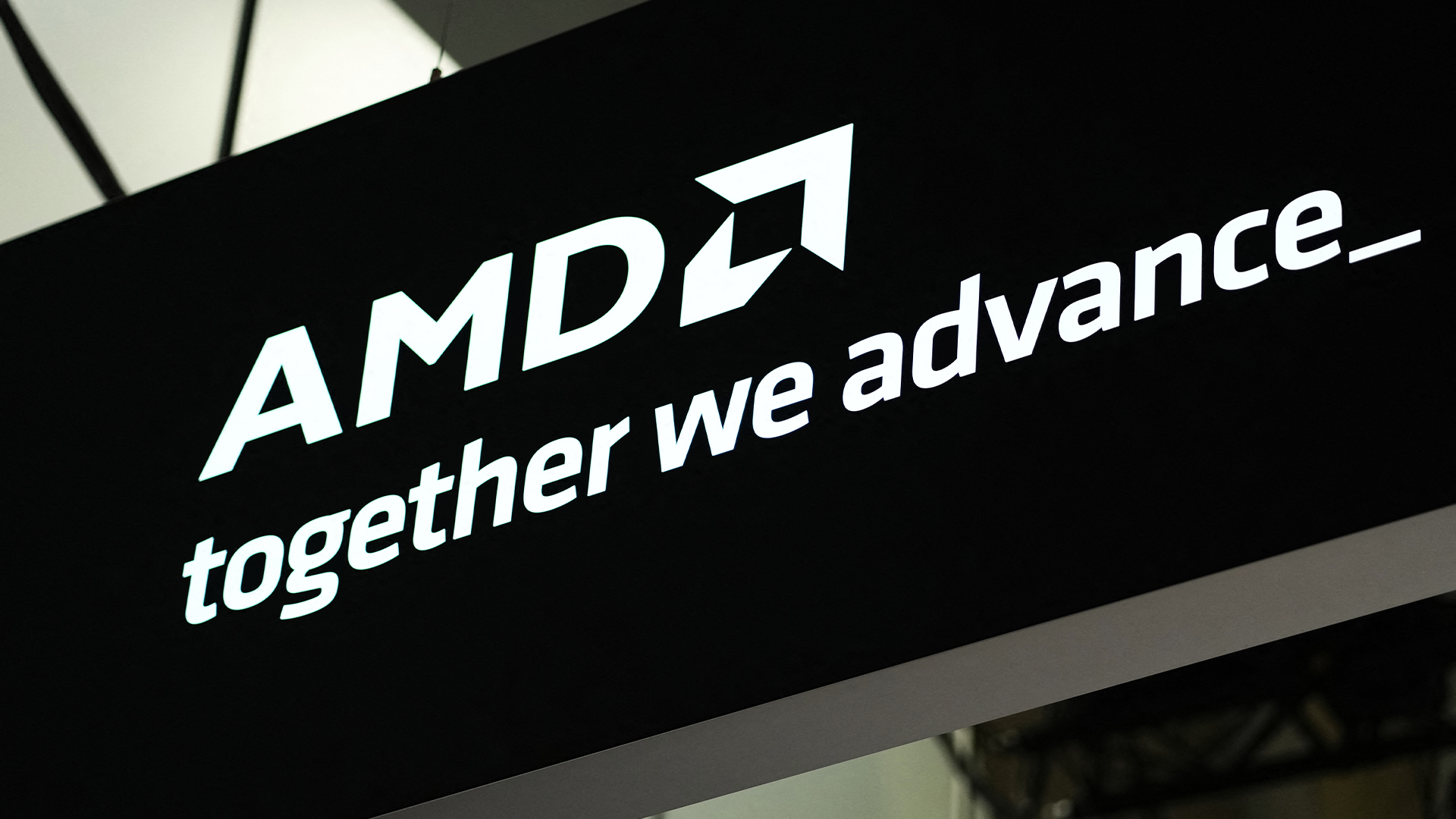 AMD’s acquisition spree continues with $665 million deal for Silo AI
AMD’s acquisition spree continues with $665 million deal for Silo AINews The deal will enable AMD to bolster its portfolio of end-to-end AI solutions and drive its ‘open standards’ approach to the technology
By Ross Kelly
-
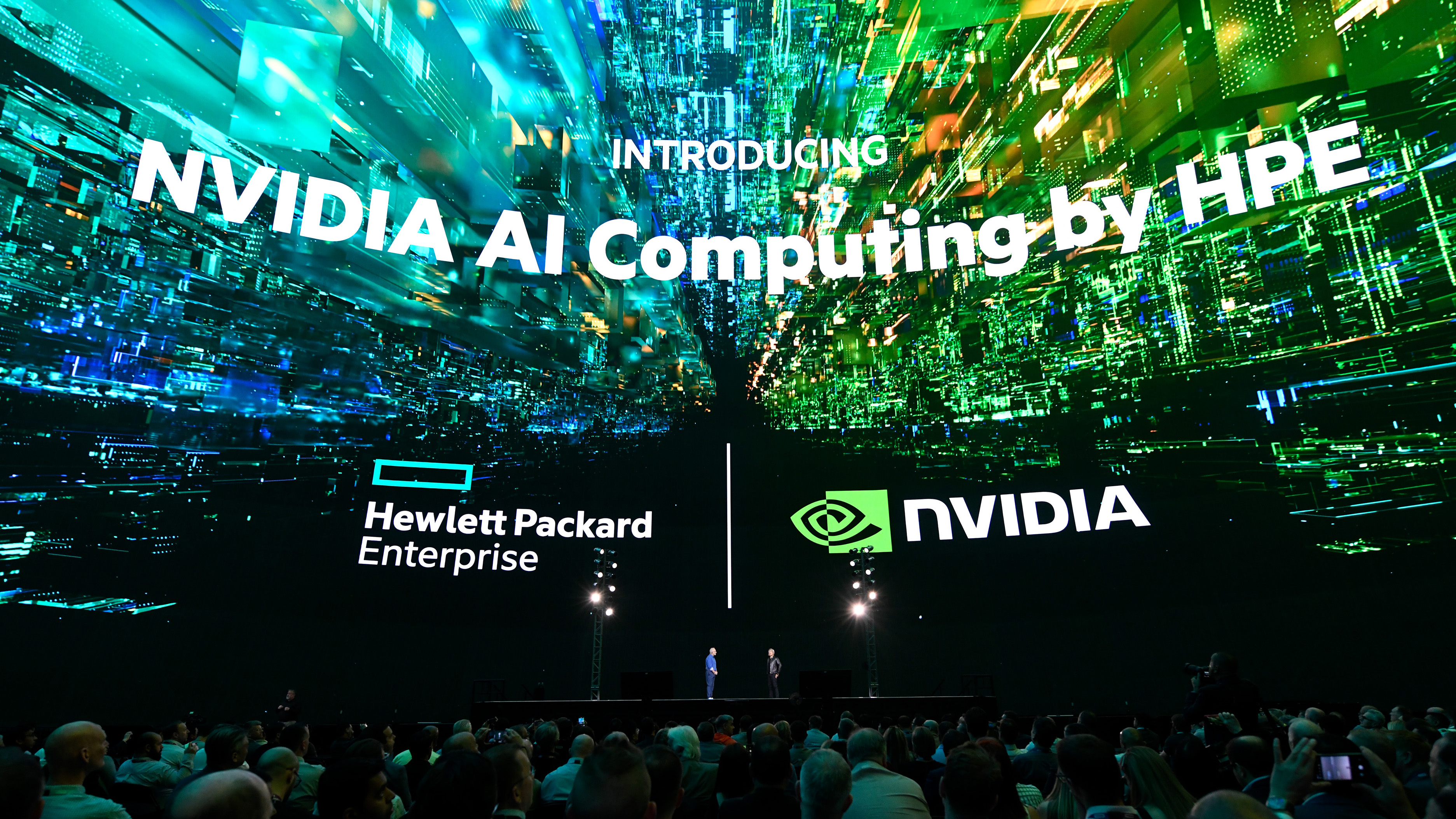 HPE’s drive for enterprise AI dominance continues with new Nvidia partnership
HPE’s drive for enterprise AI dominance continues with new Nvidia partnershipNews Nvidia AI computing by HPE brings a slew of new AI products to market
By Jane McCallion
-
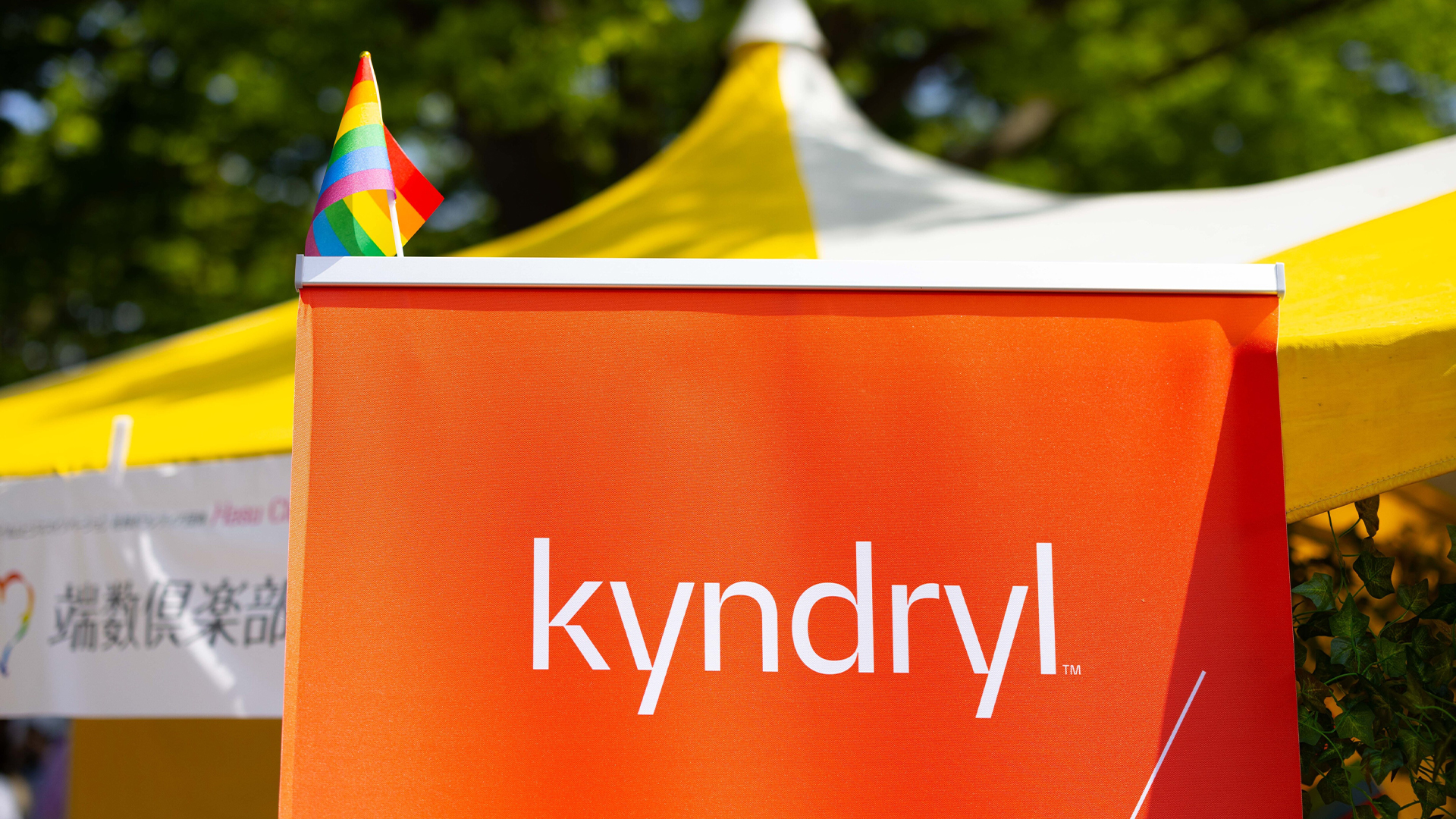 Kyndryl strikes new partnership with Nvidia to drive generative AI adoption
Kyndryl strikes new partnership with Nvidia to drive generative AI adoptionNews The integration between Kyndryl Bridge and Nvidia AI aims to tackle customers’ biggest integration pain points
By Daniel Todd